Tsitsi Dangarembga’s arresting Nervous Conditions appeared in 1988 and was the first novel published in English by a black Zimbabwean woman. She is now in mid-career, prominent among those writers who have emerged since independence, who include Petina Gappah, NoViolet Bulawayo and Tendai Huchu. The reason for this flowering of talent cannot be nailed down, but it is clear that Zimbabwe’s turmoil provides plenty of dramatic material.
Already a subscriber? Log in
Subscribe for just $2 a week
Try a month of The Spectator Australia absolutely free and without commitment. Not only that but – if you choose to continue – you’ll pay just $2 a week for your first year.
- Unlimited access to spectator.com.au and app
- The weekly edition on the Spectator Australia app
- Spectator podcasts and newsletters
- Full access to spectator.co.uk
Or
Unlock this article
You might disagree with half of it, but you’ll enjoy reading all of it. Try your first month for free, then just $2 a week for the remainder of your first year.

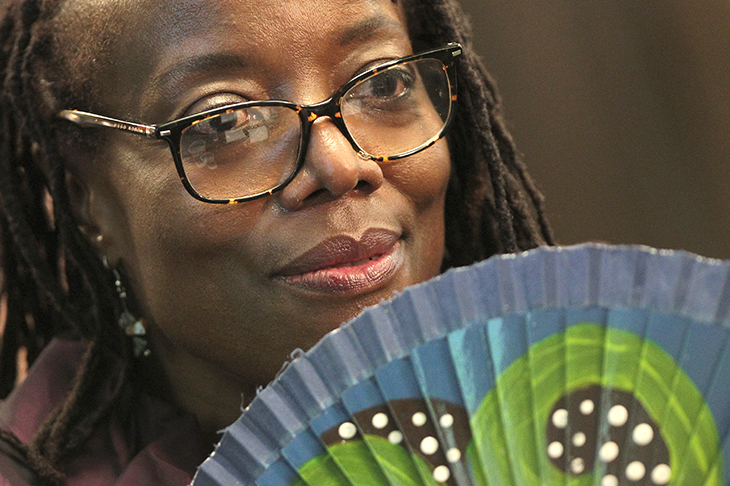
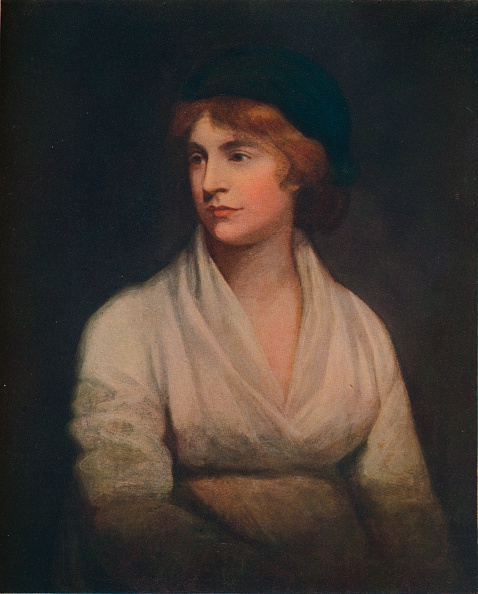

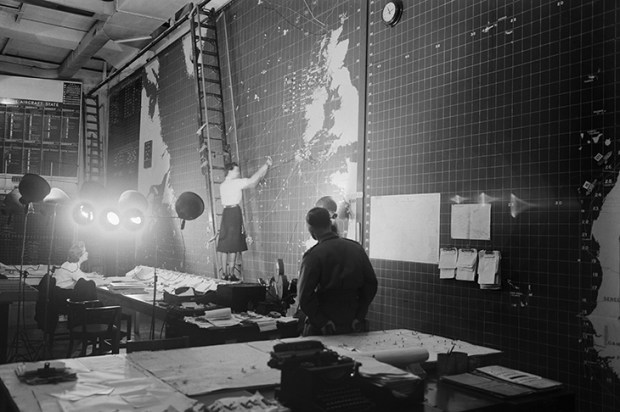
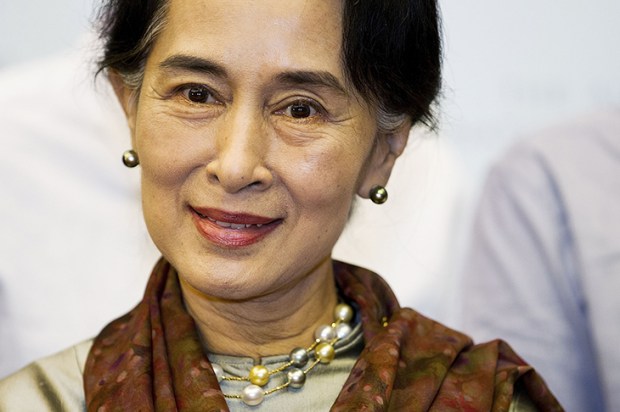

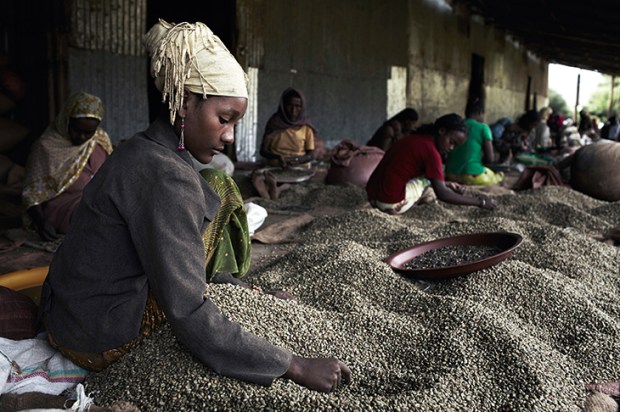






Comments
Don't miss out
Join the conversation with other Spectator Australia readers. Subscribe to leave a comment.
SUBSCRIBEAlready a subscriber? Log in